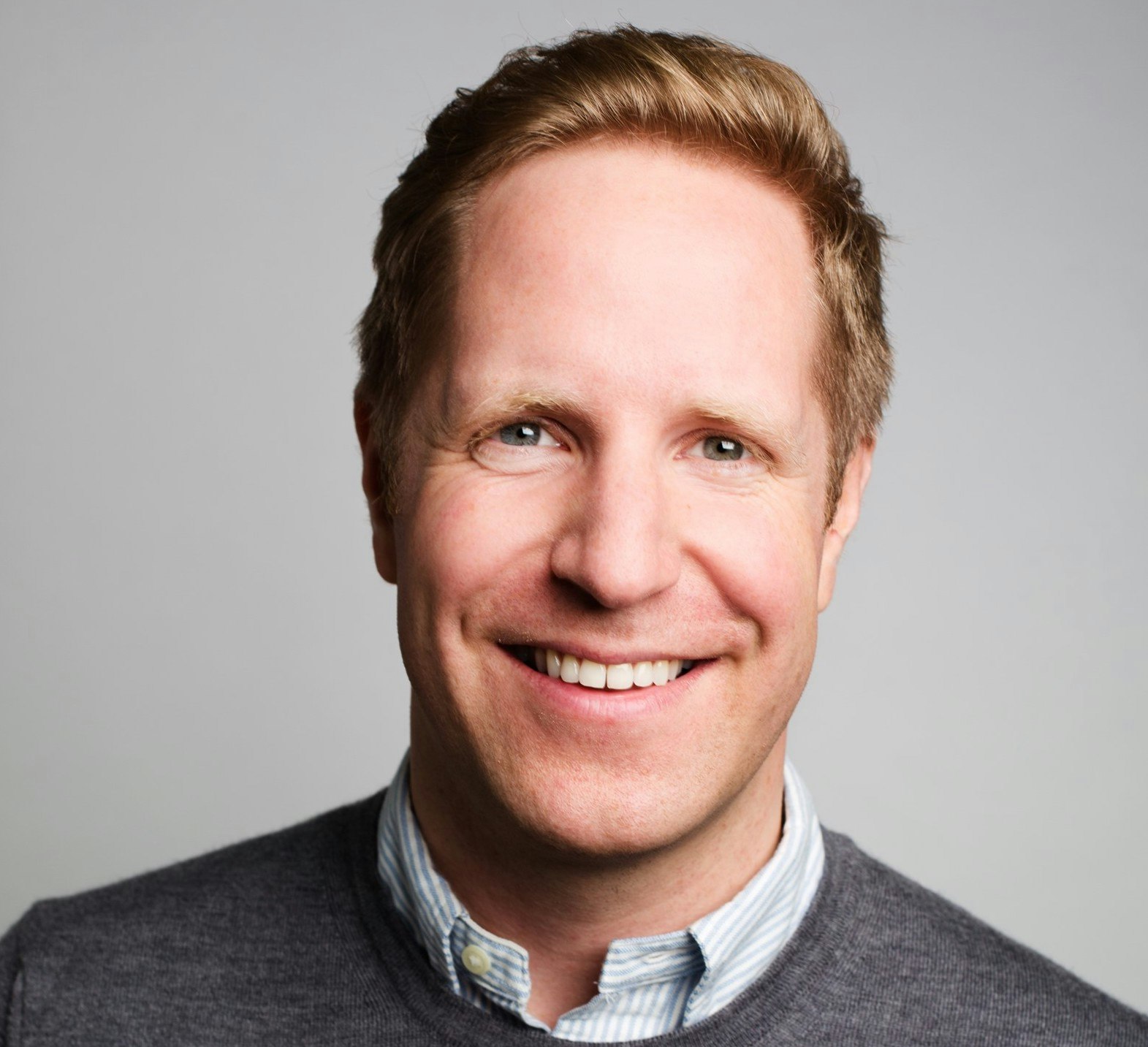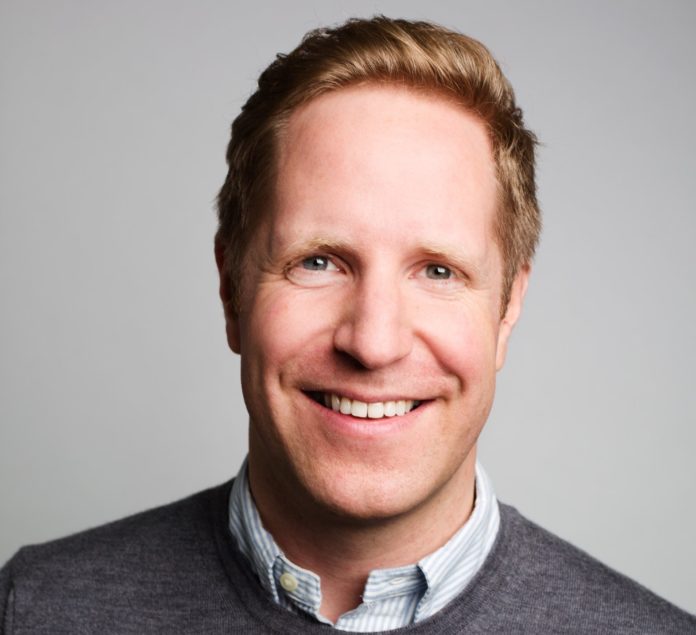
I thought I was a poster child for diversity in the not-so-diverse world of fintech.
Being raised by a single mother and having come out as gay in my teens while still living in my small, rural hometown on the fringes of the Arctic Circle in Sweden, I have always felt I’ve been an advocate for underrepresented voices. So I was shocked when one day I took a serious look at the leadership of the fintech I founded. Two other white middle-aged men stared back at me.
Given my background, I was supposed to be good at diversity. I thought having the right values would make everything fall into place in my company. Where did I go wrong?
Accountability is key
Whilst it is easier to get diversity right if you adopt that mindset from the start, I don’t want to put the blame for a lack of diversity on startup founders.
Having lived through it now, I understand how far diversity was from my mind when I was trying to raise money and hit those revenue targets. That’s why founders and teams need someone or something external to challenge them and keep them accountable at the earliest possible opportunity.
That’s where VCs could be extremely helpful. But my general experience of VCs has predominantly been older straight white men who have little interest in driving diversity.
As diversity has never traditionally been an important issue during their careers, it isn’t something that they look for when choosing startups to invest in — or indeed challenge startups to work on. VC-backed companies grow — often very successfully — without being asked for a diversity agenda. The vicious cycle continues.
Industry groups have been a bit more successful at providing that necessary accountability. For example, Fintech Finishers, a movement I started, encourages fintech execs to take on endurance races to raise money and awareness for more diversity and inclusion in fintech. There are other great groups in Europe like the European Women Payments Network and the French Women in Fintech meetup.
“One industry initiative that definitely doesn’t help is adopting rainbow logos for Pride Month.”
One industry initiative that definitely doesn’t help is adopting rainbow logos for Pride Month. Most of the time this is nothing but ‘rainbow washing’, a tick box exercise that doesn’t get to the root of the problem.
Recognising that change must start at the top, when the time came to grow my leadership team, I knew I had a window of opportunity to address my past failings.
The first thing was to accept that a more prescriptive process might take longer, we might not get it right the first time, and that is okay. Led by our VP of people, James Weller, we took a closer look at our job adverts, updating the language to be more inclusive. We didn’t want to rely on candidates finding us, so we proactively reached out to the candidates we thought could fit the bill. That obviously gave us more control over the diversity of the final shortlist.
We also activated our network, making them aware of what we were looking for. Our current COO was a referral from our chairman who had worked with her at a previous fintech. I’m pleased to say that our leadership team is more diverse today with a 50/50 split between men and women among the new joiners.
Cause for optimism
People say things aren’t changing, but I am optimistic. I look at Backing Minds and Unconventional Ventures, two VC firms in my native Sweden which have as their explicit mission to find and back underrepresented entrepreneurs.
And conversations around diversity in fintech are helping change the status quo in traditional financial companies.
Since founding Divido, I have had the pleasure of meeting senior executives at more than a hundred banks. If I rewind the clock back to the ‘Wolf of Wall Street’ culture that existed just a few decades ago, I see banking execs now are on their own journey towards greater diversity.
Building close relationships with fintech firms has helped them see different working patterns, new staff benefits and the power of a diverse workforce in action. They become advocates for change within their own organisation, embracing new ways of working and adopting new values.
Changing the status quo on diversity means not being afraid to admit mistakes and holding each other accountable. As Pride Month draws to a close, I challenge all of fintech to remember that — even when you change your logo back.
Christer Holloman is founder and CEO of fintech Divido.








